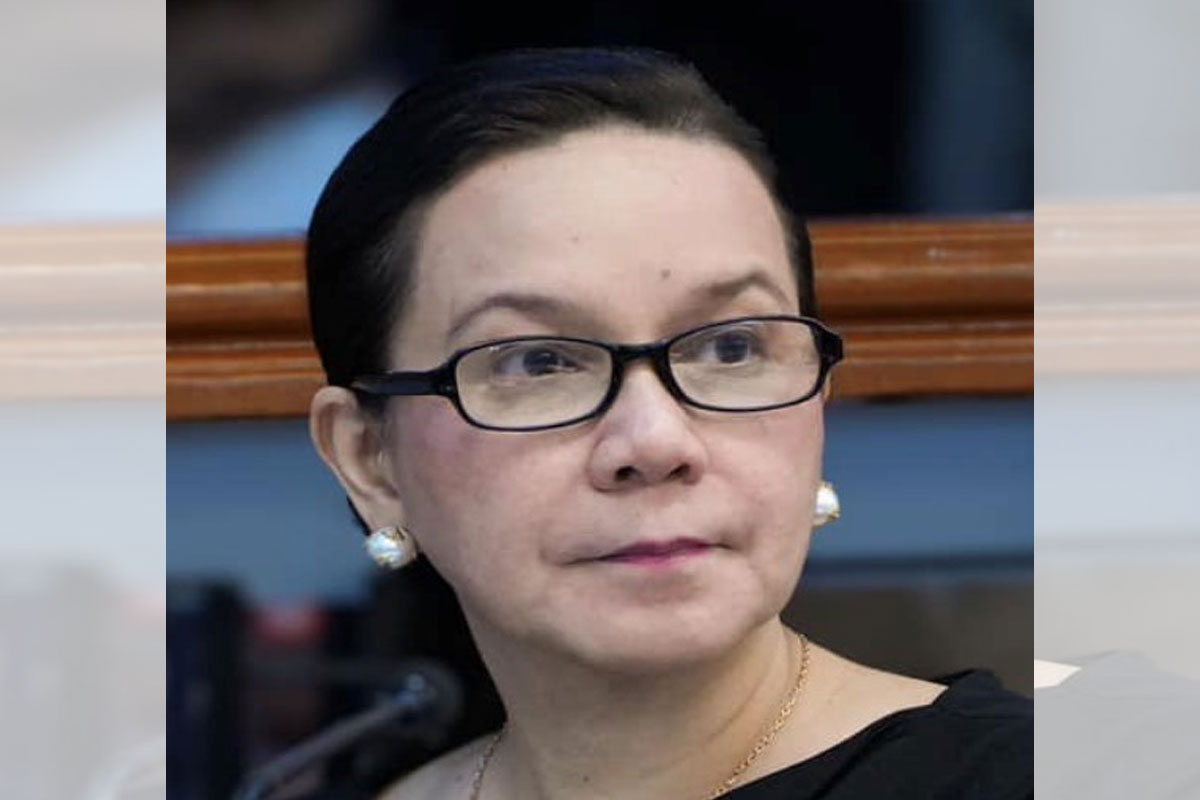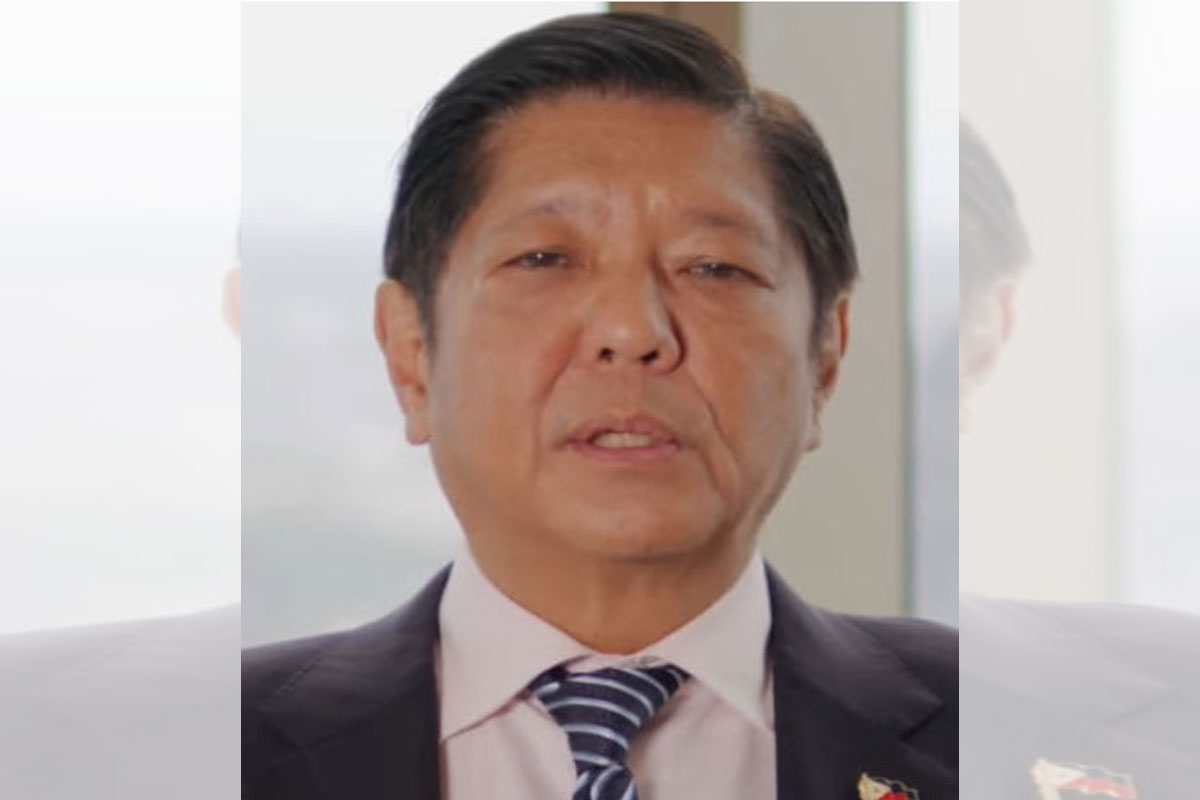
High cost of sugar lack noted
THE shortage of refined sugar will not only affect the operations of industrial beverage makers but also the government could lose about P2.5 billion per month in taxes.
Albay Representative Joey Salceda rang this alarm as the industrial users in the country continue to feel the sugar shortage.
Under Republic Act No. 10963 or the TRAIN Law, the government is earning at least P2.5 billion per month in taxes from sweetened beverages.
“Jobs are on the line. Taxes are on the line. Growth is on the line, if industrial users are unable to get their sugar. Consumers can shift from refined to raw sugar, or even shift preferences altogether to other alternatives. But industrial users always need high-grade refined sugar,” Salceda said.
“Right now, beverage makers only have around four days’ worth of inventory at a time. They usually operate at 21 days’ worth of inventory. If they are unable to procure sugar from the 150,000 MT sugar import order of the SRA, we’re going to see more work stoppages. Beverage plants can only produce their zero-sugar or ‘diet’ varieties. That doesn’t account for much of the demand,” Salceda added.
The House tax panel chair explained that his committee was expecting P37 billion in sweetened beverage taxes if the sugar crisis had not hit.
He said as restaurants begin to reopen more widely, and as the economy returns to a greater sense of normalcy, demand for sweetened beverages is moving up.
Companies, however, are at serious risk of being completely unable to meet the demand because they are unable to import directly and are forced to make do with “whatever amount of refined sugar they can get from traders.”
“They have to make do with volumes like 9,000 MT from individual traders. That may sound like a lot. But that’s one or two days of peak production at these beverage makers.”
Salceda also took to task the Sugar Regulatory Administration’s ‘pro-rated’ system of allocating sugar import orders.
“Pro-rated based on what, exactly? I was not able to get an answer to this when the Committee on Agriculture and Food held hearings on the sugar issue,” Salceda said.
Salceda instead suggested that industrial users be allowed to import at least 200,000 MT more of refined sugar, “at more realistic schedules.”
Earlier this month, the SRA had to amend its sugar import order to allow late arrivals of imports to come in.





















